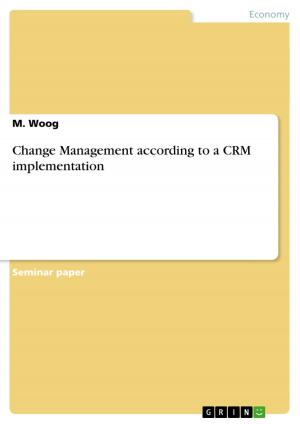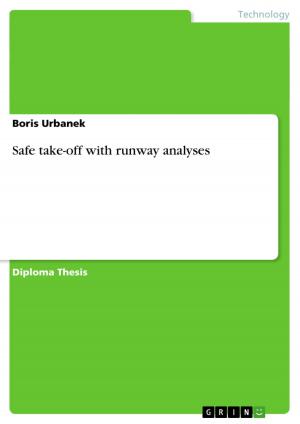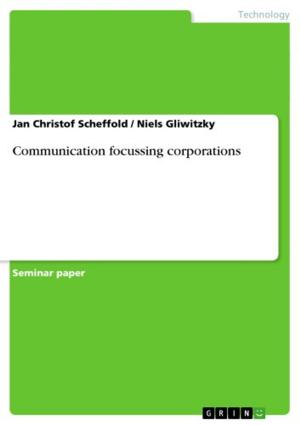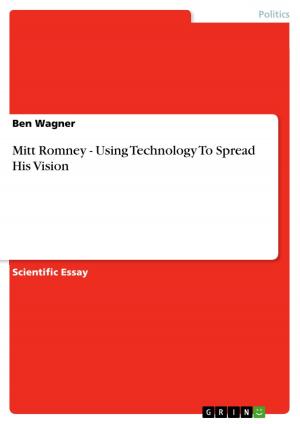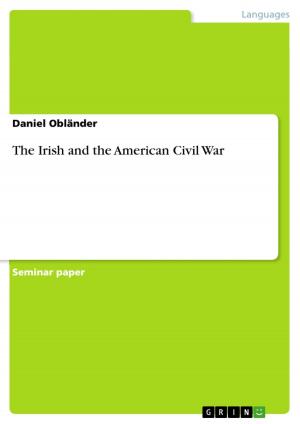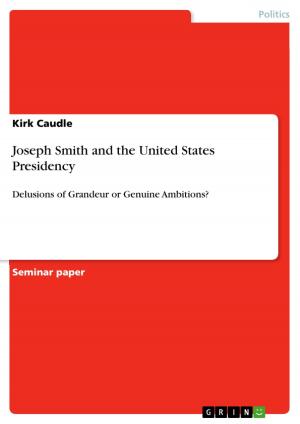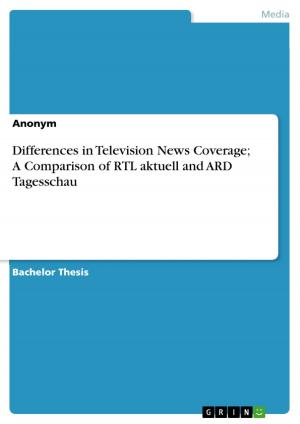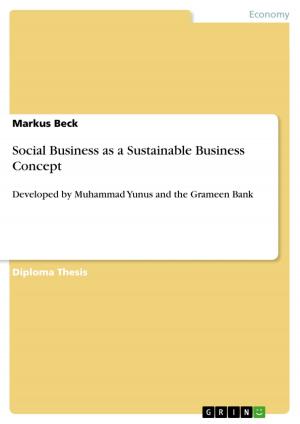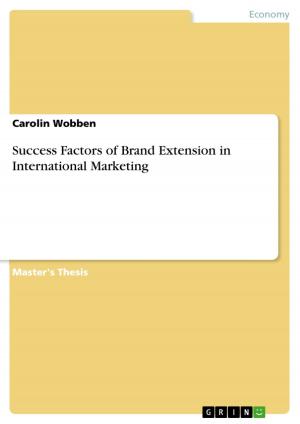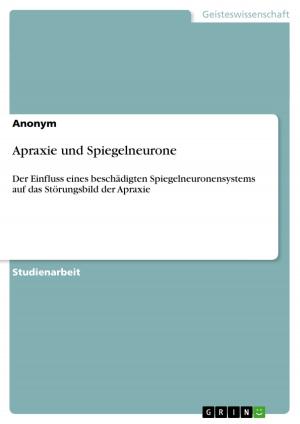| Author: | Tina Feuerstacke, Regine Seibt | ISBN: | 9783638583022 |
| Publisher: | GRIN Publishing | Publication: | December 26, 2006 |
| Imprint: | GRIN Publishing | Language: | English |
| Author: | Tina Feuerstacke, Regine Seibt |
| ISBN: | 9783638583022 |
| Publisher: | GRIN Publishing |
| Publication: | December 26, 2006 |
| Imprint: | GRIN Publishing |
| Language: | English |
Seminar paper from the year 2005 in the subject English Language and Literature Studies - Literature, grade: 1,7, University of Sheffield, course: Hitchcock, 0 entries in the bibliography, language: English, abstract: The medial reproduction is not simply a repetition of reality, but a certain form of interpretation, which depends on, among other things on technical reproduction facilities. In particular the technique of photography and film organize pictures and sounds in a way, which precede the artistic access to the material. If certain basic techniques of the apparatus already preform the perception, is this technology the condition of their possibilities? In other words: Does the technique of production determine the artistic statement, and therefore should technique be inquired for its possible contents? Especially the film theory during the early seventies they try to make an attempt to broach the issue of the 'ideology' of technology above all medial contents and its artistic organization: This beginning is called the apparatus debate. More exactly, the object of investigation was no longer only the film as a formal or aesthetic thing, more important was the total apparatus of cinema, in which the spectator takes a substantial role and carries in his experiences as a subject.....
Seminar paper from the year 2005 in the subject English Language and Literature Studies - Literature, grade: 1,7, University of Sheffield, course: Hitchcock, 0 entries in the bibliography, language: English, abstract: The medial reproduction is not simply a repetition of reality, but a certain form of interpretation, which depends on, among other things on technical reproduction facilities. In particular the technique of photography and film organize pictures and sounds in a way, which precede the artistic access to the material. If certain basic techniques of the apparatus already preform the perception, is this technology the condition of their possibilities? In other words: Does the technique of production determine the artistic statement, and therefore should technique be inquired for its possible contents? Especially the film theory during the early seventies they try to make an attempt to broach the issue of the 'ideology' of technology above all medial contents and its artistic organization: This beginning is called the apparatus debate. More exactly, the object of investigation was no longer only the film as a formal or aesthetic thing, more important was the total apparatus of cinema, in which the spectator takes a substantial role and carries in his experiences as a subject.....

